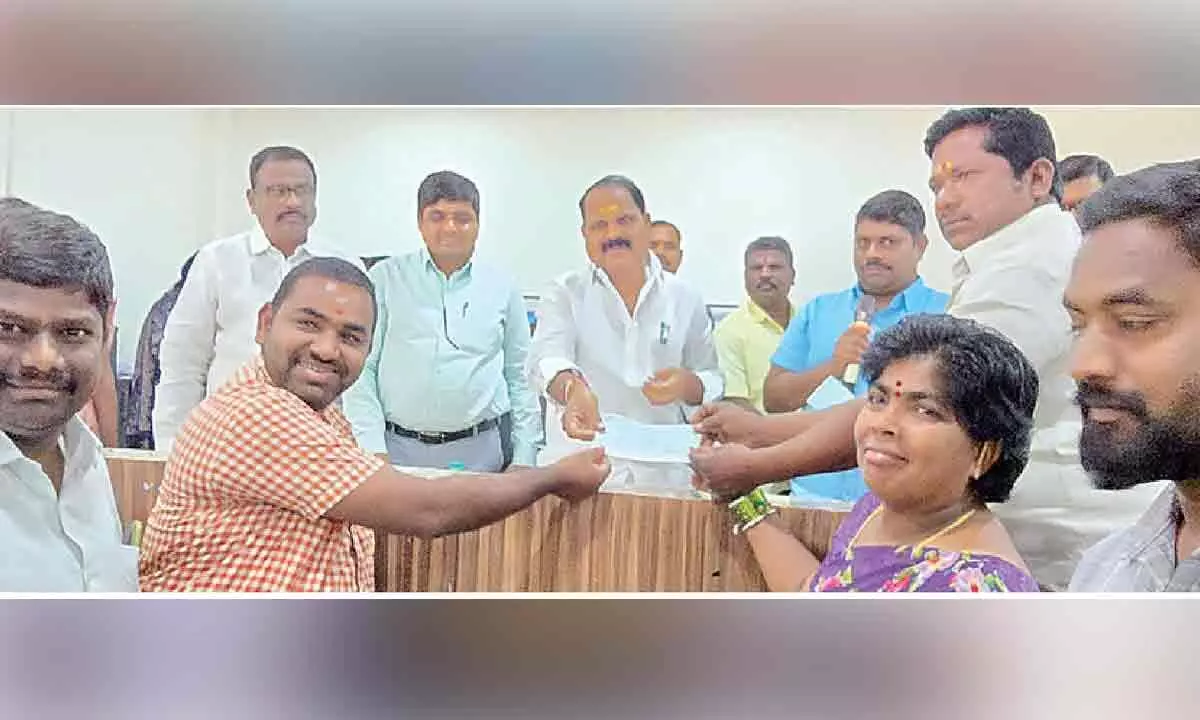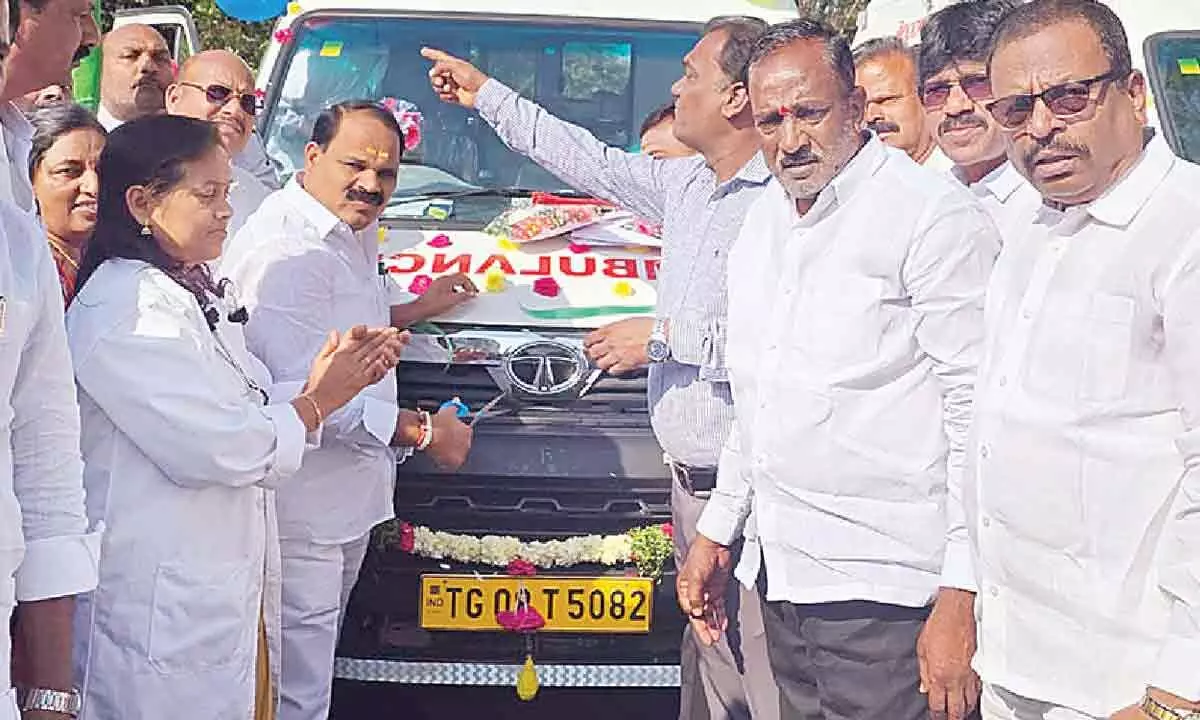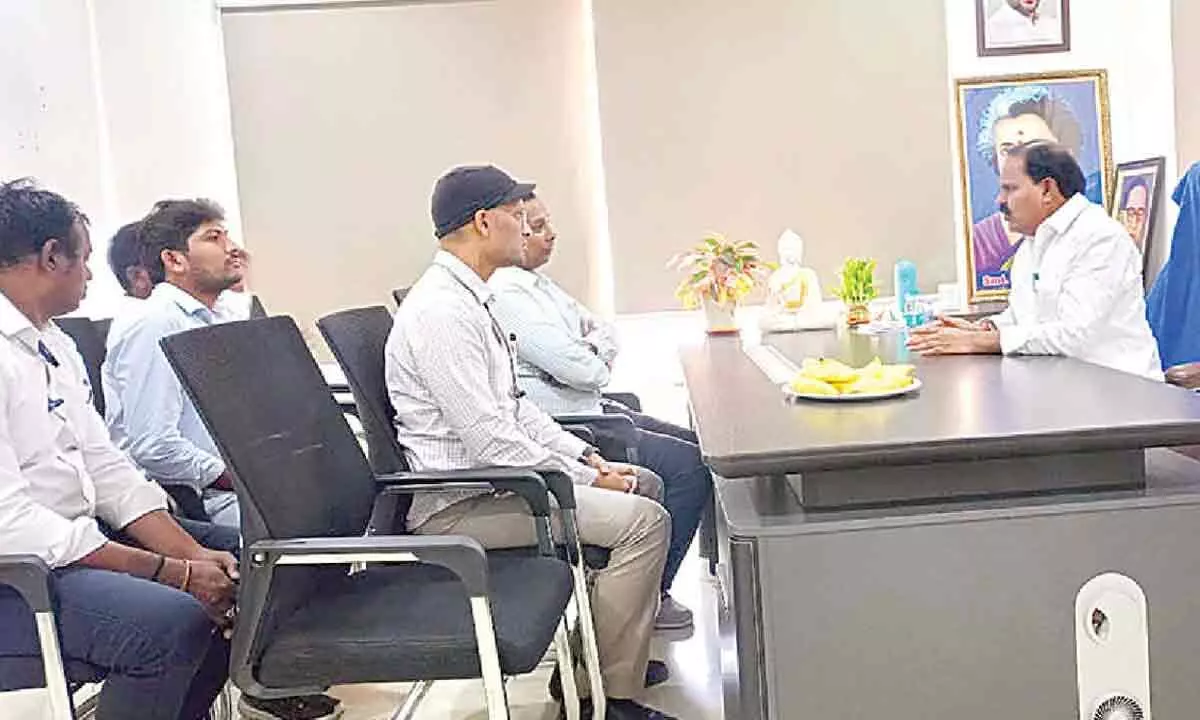Farmers in the Nadigadda region are facing challenges because of fake seeds, counterfeit pesticides, and exploitation. Counterfeit seed trade, especially in cotton seeds, is increasing during the rainy season, causing farmers to lose a lot of money. Despite efforts, the problem continues due to flaws in the Seed Act and political influence.
As the Kharif season approaches, the agriculture department plans to cultivate 70 lakh acres across the state. Farmers are getting ready to grow cotton on a large scale, creating a demand for 1.4 crore seed packets. This demand attracts scammers who sell substandard, expired, and banned BT seeds.
The price of cotton seeds in the market ranges from Rs 700 to Rs 750 per packet, resulting in purchases worth up to Rs 1,000 crores. Attempts are being made to supply farmers with failed GOT tests, inferior, expired seeds, and banned BT seeds in different districts.
Despite recent raids seizing fake seeds in Hyderabad, fraudsters continue to take advantage of farmers due to lack of effective surveillance. Farmers often trust brokers who do not provide receipts, making it hard for farmers to complain when they suffer losses.
In Gadwal district, only seven out of 20 companies involved in cotton seed cultivation have reported their activities to the agriculture department. Around 40,000 farmers cultivate seed cotton annually over 40,000 to 45,000 acres, generating an annual business of Rs 1,000 crores. However, there is no oversight on seed quality, worsening the illegal seed trade.
Farmers must check the origin, purity, expiry date, and company details of seeds and always get a receipt upon purchase. They demand that the agriculture department focus on providing foundation seeds and returning failed seeds to eradicate the seed mafia and protect them from losses. Nadigadda farmers question if it’s possible to eliminate fake seeds and pesticides in Gadwal District and call for action from authorities.














